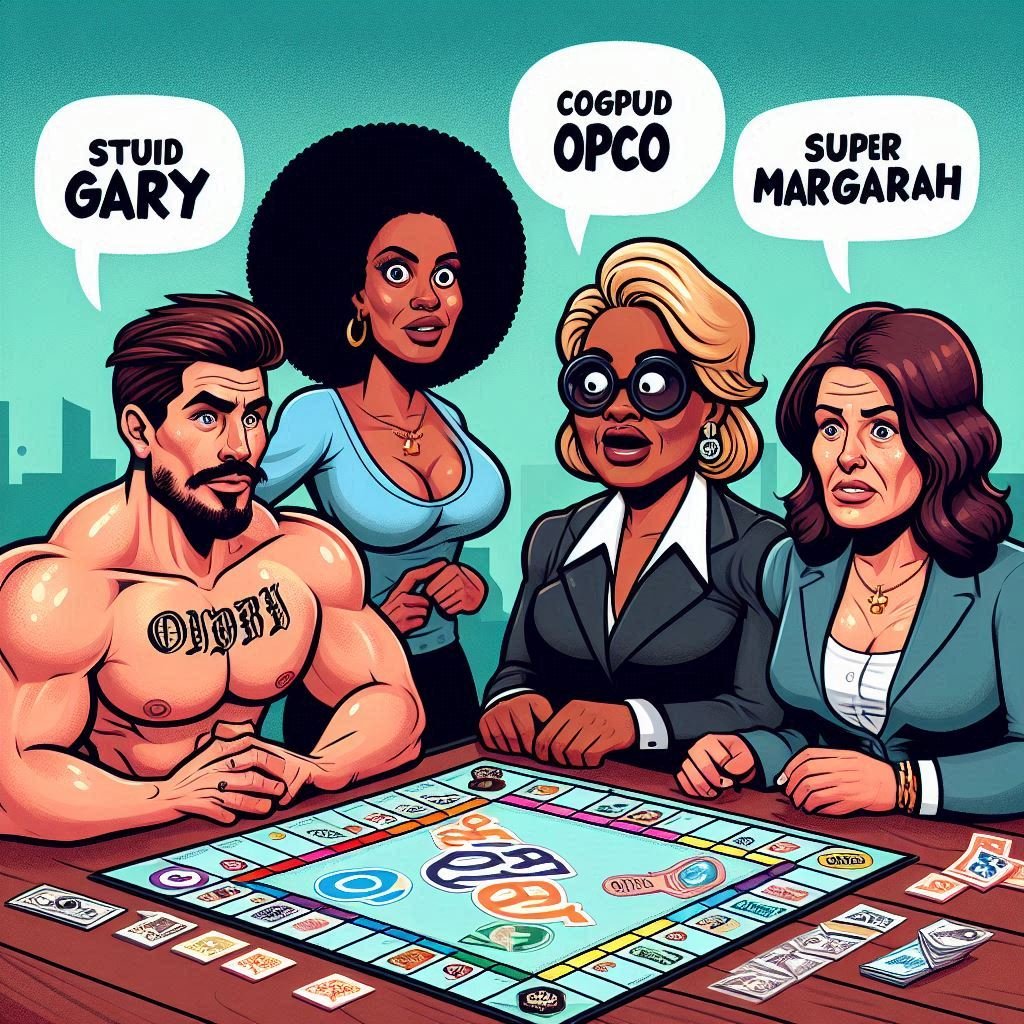
Tangled on a 3-vertex graph
In the previous post, I introduced the Tangled game, and we analyzed a two-player two-vertex variant. It wasn’t very interesting, because there was no way for either player to win — every game had to end in a draw! Here we’ll work through the smallest game board where one player can win. This game has three vertices.

An Introduction to Tangled
In an earlier post, I introduced the idea of constructing games where evaluating terminal states requires solving a problem where a quantum supremacy claim has been made. Here I’ll make this concrete by introducing a game which I call Tangled, which has this property.

Quantum Mechanics and Quantum Computers
I’m going to try to explain what quantum physics really is, why you should care, and how it relates to quantum computers (it’s freaking awesome by the way, even without D&D (Deepak & Drugs), or even AD&D (Advanced Deepak & Drugs)).


The Ising Model, the Boltzmann Distribution, and What Sampling From a Probability Distribution Means
The Universe appears to be made out of a small number of patterns, where all the apparent complexity of the world comes from them combining in different ways.

Correlation!!!
Before I introduce the game I’ll be focusing on, I need to first describe the concept of correlation. You probably already know what correlation means. But let’s review anyway!

The Thread I’m About to Pull
Because of the relationship of goal-seeking to intelligence, if we can show certain categories of goals can only be achieved if an agent has access to a quantum computer, then we can define a new sort of intelligence that is categorically different from, and superior to, any intelligence that doesn’t have access to a quantum computer.

Quantum Computers Should (Also) Be Useful
The quantum computing field has been around for 25+ years and we still don’t have a single use case where it makes sense to use a QC vs the alternatives. Yes, QCs are amazing testbeds for fundamental science. But they should also be useful! And right now, they … aren’t. At least not in the clearcut way we all want them to be.

Hello World!
Snowdrop’s mission is to take exotic problems where quantum supremacy might exist already, and try to build real-world uses of these where the full performance of the entire application is better than you could reasonably do with any conventional classical computer system.
